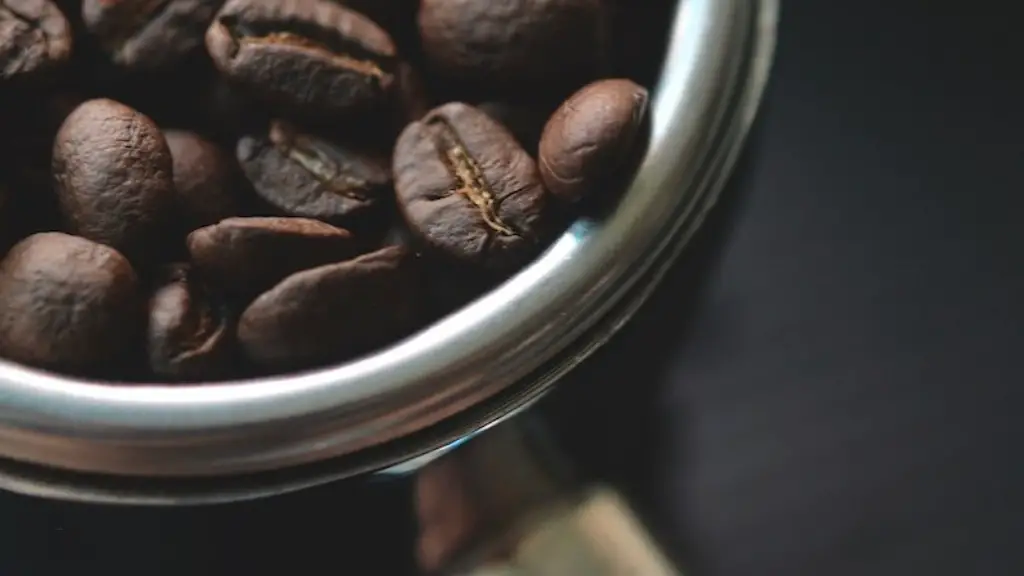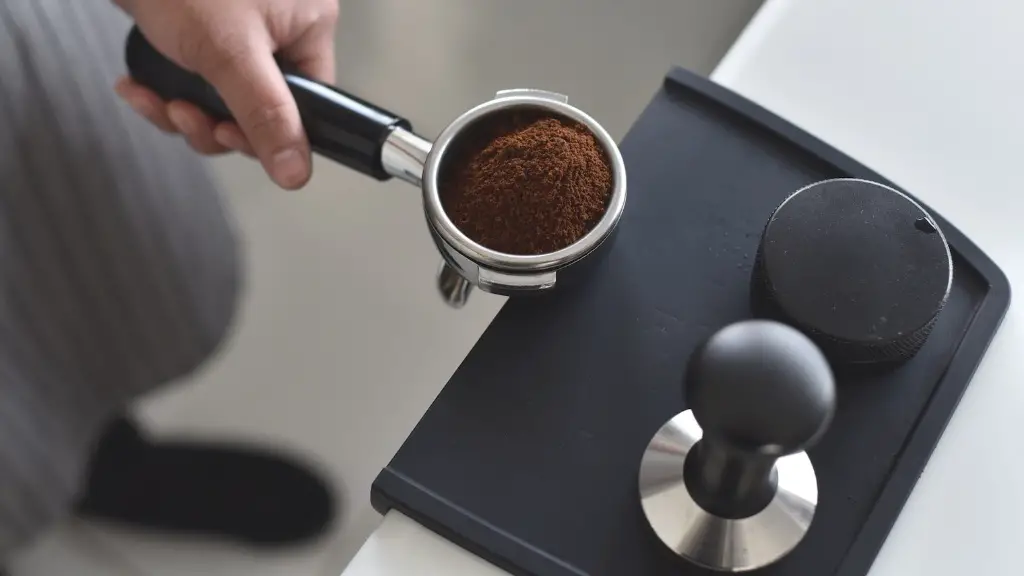Caffeine and Intermittent Fasting
The OMAD or ‘one meal a day’ diet, also known as intermittent fasting, is growing in popularity. But can you drink coffee on it? Well, there’s no one definitive answer. Much depends on how much coffee you are drinking, what type of coffee it is, and whether or not it is sweetened or contains added ingredients such as cream, sugar, and/or flavors.
Coffee does contain caffeine, a stimulant which can provide short-term improvement in mental focus, alertness and physical energy. But caffeine consumption can also affect the health and body in negative ways, especially when part of an already restricted diet.
Coffee can provide health benefits in moderation, especially if it is fresh and organic. For example, research has demonstrated that consuming caffeinated coffee may reduce the risk of death from heart disease, stroke and diabetes in both men and women. Additionally, studies have shown that coffee can reduce inflammation, relieve stress, support mental clarity and help to regulate hormones. All of these things can be beneficial while following the OMAD diet.
However, excessive caffeine intake can have an adverse impact on your overall health and performance on the diet. Too much caffeine can interfere with your body’s natural processing of sugar and other essential nutrients, leading to an energy crash, loss of focus and reduced physical performance. Over-consumption can also lead to an increased risk of indigestion, heartburn and feelings of anxiousness. In addition, research suggests that tiny amounts of impurities found in coffee can damage gut bacteria, which are essential for a healthy gut microbiome.
Another factor to consider when drinking coffee on the OMAD diet is the type of coffee you are drinking. Pre-sweetened and flavored coffees contain a lot of added sugar and artificial ingredients, which could have a negative impact on your diet if consumed in excess. It is wise to avoid pre-sweetened, flavored coffees and opt for organic, freshly brewed black coffee, which may contain fewer impurities.
Finally, the timing of your coffee intake is important to consider. Many experts recommend limiting coffee intake to the morning and opting for herbal teas or grain-based alternatives in the afternoon and evening. This will ensure that your body has time to process and metabolize caffeine, helping you to avoid any potential negative effects.
Coffee as a Meal Replacement
Can you replace a meal with coffee when following the OMAD diet? Well, it depends. Coffee does contain antioxidants, minerals and other beneficial compounds such as pantothenic acid, but it is lacking in essential macronutrients such as protein, carbohydrates and healthy fats. So, if you do opt to replace a meal with coffee, you should be sure to also consume other nutrient-dense foods to make sure you are getting all of the essential macronutrients your body needs.
Additionally, it is important to remember that coffee can be highly addictive. Chronic coffee consumption can lead to fatigue, anxiety, headaches and other physical and mental health issues, so be sure to limit your intake. If you do decide to replace a meal with coffee, it is best to keep it to occasional one-offs, rather than making it a regular practice.
If you want to maintain steady energy and focus throughout the day, it is better to drink coffee in moderation, coupled with a nutritious, balanced diet and other healthy habits such as exercise and adequate sleep. This will help you to ensure that you are getting all of the necessary vitamins and minerals your body needs to stay healthy.
Finding Alternatives to Coffee
If you are looking for alternatives to coffee, it might be worth considering herbal teas. Green, white and black teas contain beneficial compounds such as flavonoids and catechins, and are generally low in caffeine. This means that you can still get a hit of energy, without the same negative effects of coffee.
Additionally, cacao, which is what chocolate is made of, can be a great source of energy. It contains theobromine, a stimulant similar to caffeine that can provide a hit of energy without raising heart rate or cortisol levels. Plus, it is full of health-promoting antioxidants and minerals. You can also opt for healthier, blended beverages such as smoothies, which can provide the energy boost you need to keep you going throughout the day.
Moderation and Enjoyment
As with any diet, it is important to find a balance between enjoyable eating and moderation. On the OMAD diet, this can be especially challenging as there is so little time for food preparation and consumption. So, it is important to be mindful of what you are drinking and try to limit your caffeine intake.
That said, it is OK to have coffee on the OMAD diet – but only in moderation. Try to limit yourself to one cup a day, or opt for healthier alternatives such as herbal teas, smoothies and cacao. This way, you can still enjoy your coffee, without sacrificing your health and performance on the diet.
Black Coffee Only?
If you decide to consume coffee on the OMAD diet, it is best to stick to coffee without added ingredients or flavors. Black coffee can provide a range of health benefits in moderation, such as reducing inflammation, boosting energy levels and helping to regulate hormones. However it should be noted that the impurities found in pre-sweetened and flavored coffees can be damaging to the gut microbiome.
If you are looking to get the benefits of coffee without the potential adverse effects, you could try drinking a low-caffeine alternative such as matcha or chicory. These beverages still provide a hit of energy, but are packed with beneficial compounds such as polyphenols and antioxidants, making them an ideal choice for those on the OMAD diet.
A final thought
It is certainly possible to drink coffee on the OMAD diet, but it is important to remember to do so in moderation. While coffee can provide some health benefits in moderation, it can also have an adverse effect if consumed in excess. It is best to stick to black coffee or healthier alternatives such as herbal teas, smoothies, and cacao. This way, you can get the energy boost you need to keep going throughout the day without sacrificing your long-term health.




